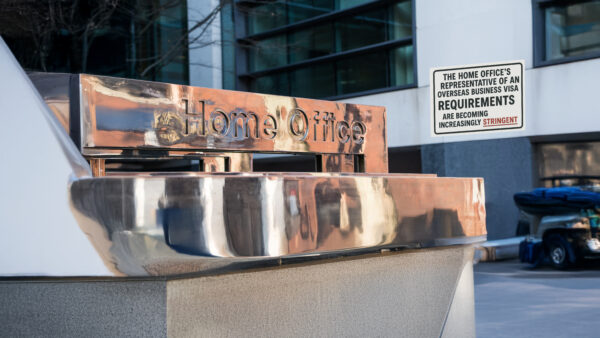Deciding to sell your business is a momentous and often complex decision. Once you’ve made the choice, it’s crucial to approach the process strategically to ensure a successful outcome. While seeking professional legal advice early on is vital, understanding some fundamental aspects in advance can greatly benefit your planning.
Share Sale or Asset Sale?
One of the first decisions to make is whether you’ll sell shares of the company or just the assets of the business.
- Share Sale: This involves transferring ownership of the company, including all its assets and liabilities, to the buyer.
- Asset Sale: Here, only specific assets of the business—such as property, equipment, intellectual property, or goodwill—are sold, leaving the original company and its liabilities with the seller.
Understanding Share Sales vs Asset Sales
The decision between a share sale and an asset sale is influenced by legal, financial, and commercial considerations for both parties.
Share Sale
In a share sale, the buyer typically acquires the entire company, including its assets, liabilities, and obligations. This allows the business to continue operating seamlessly.
Advantages for Sellers:
- Simplicity: the entire company is transferred, making the process less burdensome for the seller.
- Continuity: operations can continue uninterrupted, minimising disruptions for employees, customers and suppliers.
- Potential Tax Efficiency: selling shares is often more tax-efficient, particularly if you qualify for Business Asset Disposal Relief (BADR). Formerly known as Entrepreneurs’ Relief, BADR allows eligible sellers to benefit from a reduced capital gains tax rate when selling their business. It is important to seek advice from a qualified tax adviser to maximise any available reliefs.
Disadvantages for Sellers:
- Buyer’s Risk: buyers may demand extensive warranties and indemnities to offset the risk of inheriting unknown liabilities.
- Pricing Pressure: buyers might reduce their offer to account for potential liabilities within the company, impacting the overall sale value.
Asset Sale
In an asset sale, the buyer acquires only selected assets, allowing them to leave behind liabilities.
Advantages for Sellers:
- Flexibility: sellers can retain parts of the business they wish to keep or sell separately later.
- Buyer Appeal: the reduced risk for buyers can make the transition simpler and quicker to negotiate.
Disadvantages for Sellers:
- Tax Complexity: asset sales can be less tax-efficient, often leading to taxation at both corporate and shareholder levels.
- Practical Challenges: transferring individual assets such as property, contracts, or employees can involve time-consuming legal processes.
- Retained Responsibilities: sellers must manage remaining liabilities, wind up the company, and deal with any leftover debts or assets.
Conclusion
Selling your business is a significant milestone that required thorough planning and careful execution. Understanding whether a share sale or an asset sale suits your goals, addressing tax implications, and preparing your business for the market can help you achieve a smooth and financially rewarding exit.
At Quastels LLP, our Corporate Department is equipped with experienced legal advisors who provide tailored guidance and ensure your interests are protected at every stage of the transaction. Let us help you navigate this important journey with confidence and clarity.









